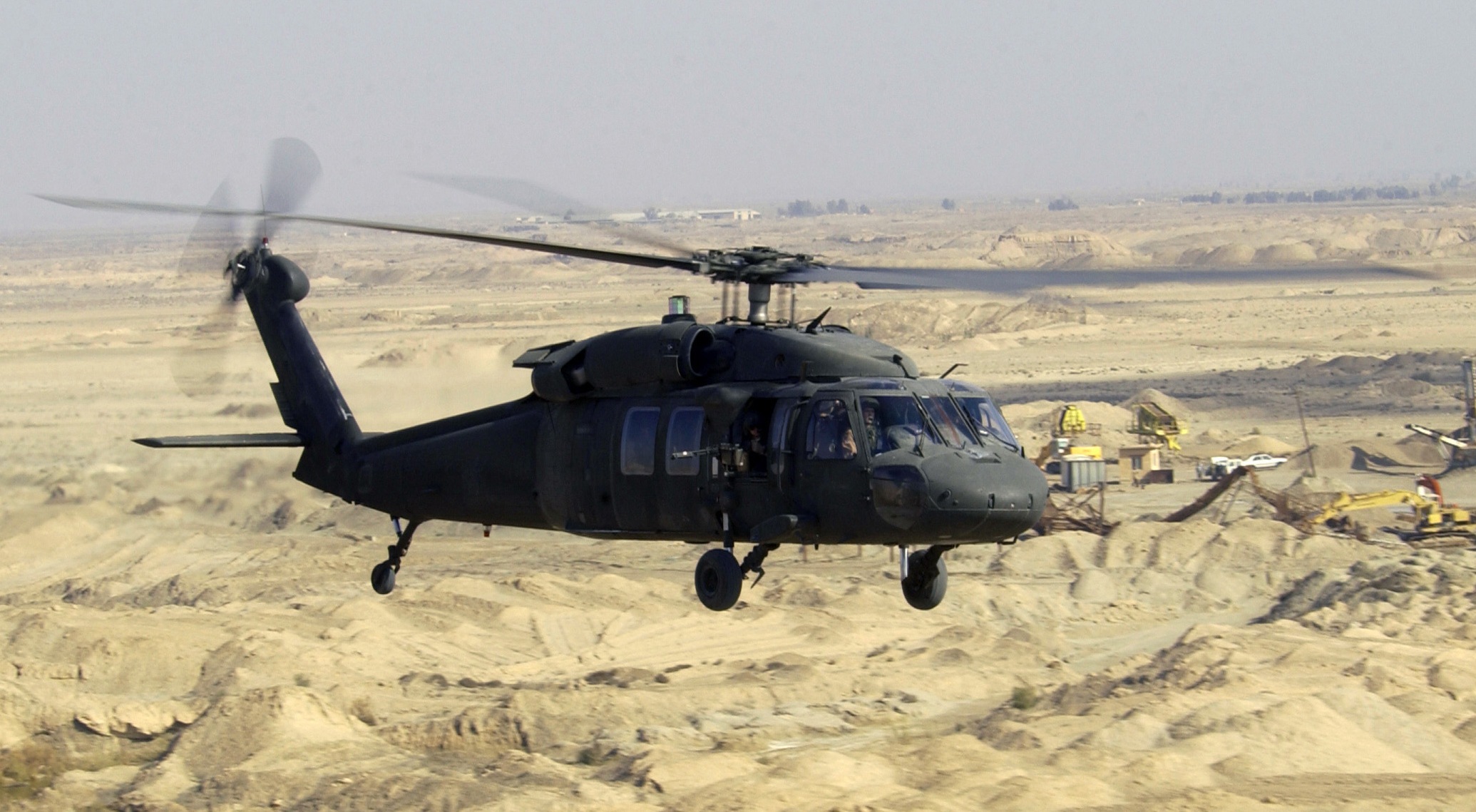UH 60 Black Hawk: Army Helicopter Features and Abilities
UH 60 Black Hawk: Army Helicopter Features and Abilities
Blog Article
The Influence of Lasting Practices on the Future of Aircraft Procedures and Emissions Reduction
As the aeronautics sector encounters increasing examination over its environmental effect, the adoption of lasting methods arises as an important pathway toward future aircraft operations and discharges decrease. Innovations in sustainable aeronautics fuels and advancements in hybrid propulsion modern technologies stand at the leading edge of this change, appealing substantial reductions in greenhouse gas discharges.

Overview of Lasting Practices
Lasting techniques in aircraft procedures incorporate a series of strategies targeted at reducing ecological effect while preserving operational effectiveness. These methods are crucial in the aeronautics industry's commitment to minimizing its carbon impact and sticking to global environmental requirements. Secret campaigns consist of enhancing trip courses to reduce fuel usage, improving maintenance procedures to make certain airplane run at peak efficiency, and implementing sophisticated modern technologies such as winglets and lightweight products that enhance the rules of aerodynamics.

Involving and educating personnel on sustainability techniques also play an essential role, cultivating a society of ecological duty within organizations. Overall, the assimilation of these sustainable practices not just assists decrease exhausts however also boosts the lasting stability of the air travel field, guaranteeing it meets the needs of both customers and regulative bodies while adding to global sustainability objectives.
Ingenious Gas Alternatives
Many innovative fuel options are arising as critical options to reduce the aeronautics sector's dependence on traditional nonrenewable fuel sources. Among these options, Sustainable Aviation Gas (SAFs) have actually gotten substantial attention because of their possible to decrease lifecycle greenhouse gas emissions by as much as 80% compared to traditional jet gas. SAFs are obtained from numerous feedstocks, including waste oils, farming deposits, and also algae, making them a flexible option for the market.
One more appealing option is hydrogen fuel, which, when used in fuel cells, produces just water vapor as a by-product. Additionally, electric propulsion systems are being discovered, leveraging battery innovation to power aircraft.
Lastly, biofuels stemmed from biomass are being investigated, supplying a sustainable option that can be mixed with typical fuels. Jointly, these innovative gas alternatives stand for a crucial action towards attaining a lasting aeronautics ecosystem, aligning with global exhausts decrease targets and improving the market's environmental stewardship.
Technical Improvements in Air Travel

How can technical developments improve the future of aeronautics? Innovations such as hybrid and electric propulsion systems are at the leading edge, check my source encouraging substantial decreases in fuel intake and greenhouse gas emissions.
Moreover, the execution of advanced products, such as lightweight compounds, contributes to boosted aerodynamics and gas efficiency. Making use of expert system and maker learning in trip procedures enhances course planning and lowers fuel shed by enabling real-time modifications based on climate and website traffic conditions. Furthermore, the growth of autonomous and from another location piloted airplane systems stands to transform cargo and guest transport, possibly enhancing efficiency while minimizing human error.
In addition, lasting aviation technologies, including sophisticated air website traffic management systems, can enhance operations and reduce congestion, leading to lower discharges throughout trip. These advancements jointly stand for a paradigm change in air travel, promising a future where sustainability and functional performance are linked, therefore supporting the market's dedication to lowering its ecological influence.

Regulatory Framework and Compliance
Because of the growing focus on ecological stewardship within the aviation sector, the governing structure governing aircraft operations is advancing to promote sustainable methods. Governing bodies, such as the International Civil Air Travel Company (ICAO) and different national aviation authorities, are introducing rigorous guidelines focused on decreasing emissions and improving operational effectiveness.
These laws typically consist of the adoption of Sustainable Aviation Gas (SAF), which has actually been recognized as a vital component in attaining lower carbon footprints. Additionally, conformity with these laws requires airline companies to implement operational techniques and sophisticated technologies, such as maximized flight paths and enhanced air traffic management, to decrease gas consumption.
Additionally, the enforcement of exhausts trading schemes and carbon countering efforts is coming to be increasingly prevalent, compelling airline companies to keep an eye on and report their exhausts accurately. Non-compliance can lead to considerable charges, therefore pushing operators to prioritize sustainability in their service designs.
Eventually, the advancing regulative landscape not only drives development and investment in green innovations but additionally promotes a society of responsibility within the air travel market. As these structures continue to establish, the concentrate on sustainable methods will be important to attaining the field's lasting ecological objectives.
Future Trends in Aircraft Operations
As the aviation industry adapts to a significantly rigorous regulative atmosphere, future trends in airplane procedures are readied to concentrate on ingenious services that even more enhance sustainability and performance - uh 60. Trick developments will likely include the fostering of advanced air website traffic administration systems, which make use of real-time data and man-made intelligence to maximize flight paths, minimizing gas usage and exhausts
An additional considerable trend is the enhanced combination of sustainable aeronautics fuels (SAFs) These choices to traditional jet fuel, obtained from eco-friendly sources, can considerably lower lifecycle greenhouse gas discharges. The industry's dedication to SAFs will likely accelerate as airline companies collaborate with fuel producers to ensure accessibility and cost-effectiveness.
Additionally, the press in the direction of electrification and hybrid propulsion systems is getting energy. Emerging airplane designs will integrate these modern technologies, offering quieter and extra reliable procedures, specifically for short-haul trips.
Verdict
The fostering page of lasting aeronautics fuels, combined with advancements in electrical and hybrid propulsion systems, is essential for decreasing lifecycle greenhouse gas emissions. Enhancing flight paths and embracing cutting-edge technologies contribute to a quieter and more eco friendly air travel field.
Advancements in sustainable aeronautics gas and improvements in hybrid propulsion modern technologies stand at the center of this transformation, encouraging considerable reductions in greenhouse gas exhausts.Numerous ingenious fuel alternatives are emerging as essential remedies to decrease the air travel industry's dependence on standard fossil fuels - uh 60. Amongst these options, Lasting Air travel Gas (SAFs) have gained substantial interest due to their prospective to decrease lifecycle greenhouse gas discharges by up to 80% contrasted to conventional jet fuels.Another considerable pattern is the enhanced combination of lasting air travel gas (SAFs) The adoption of sustainable air travel gas, coupled with innovations Your Domain Name in hybrid and electrical propulsion systems, is necessary for reducing lifecycle greenhouse gas emissions
Report this page